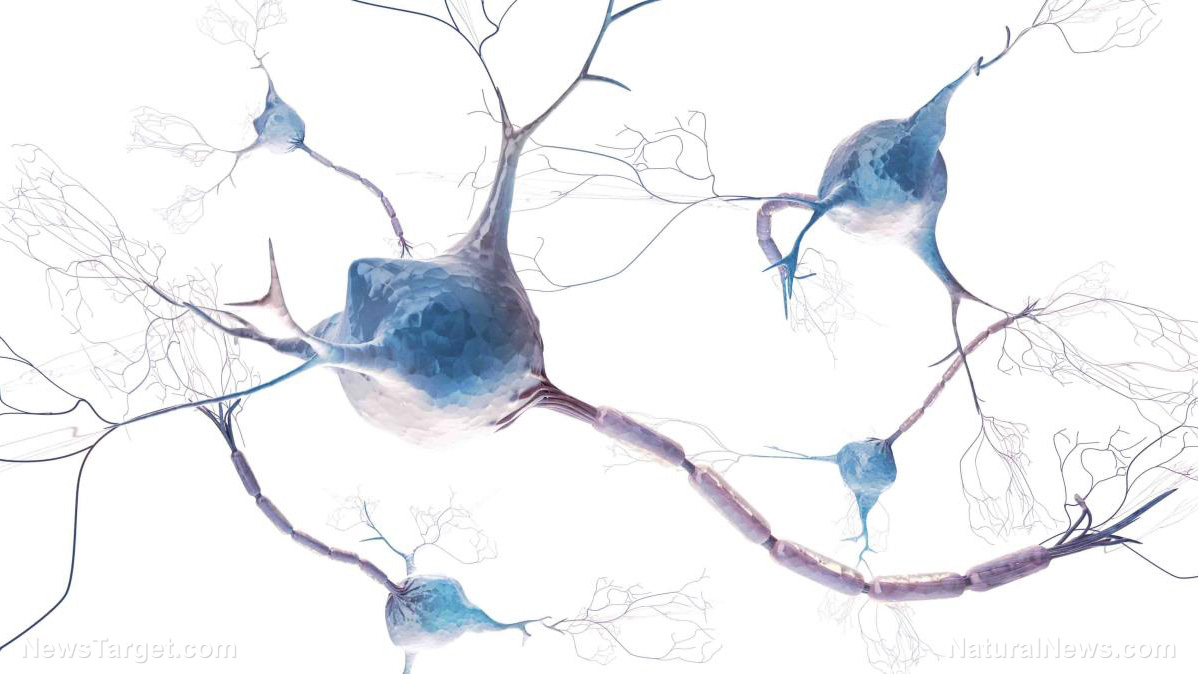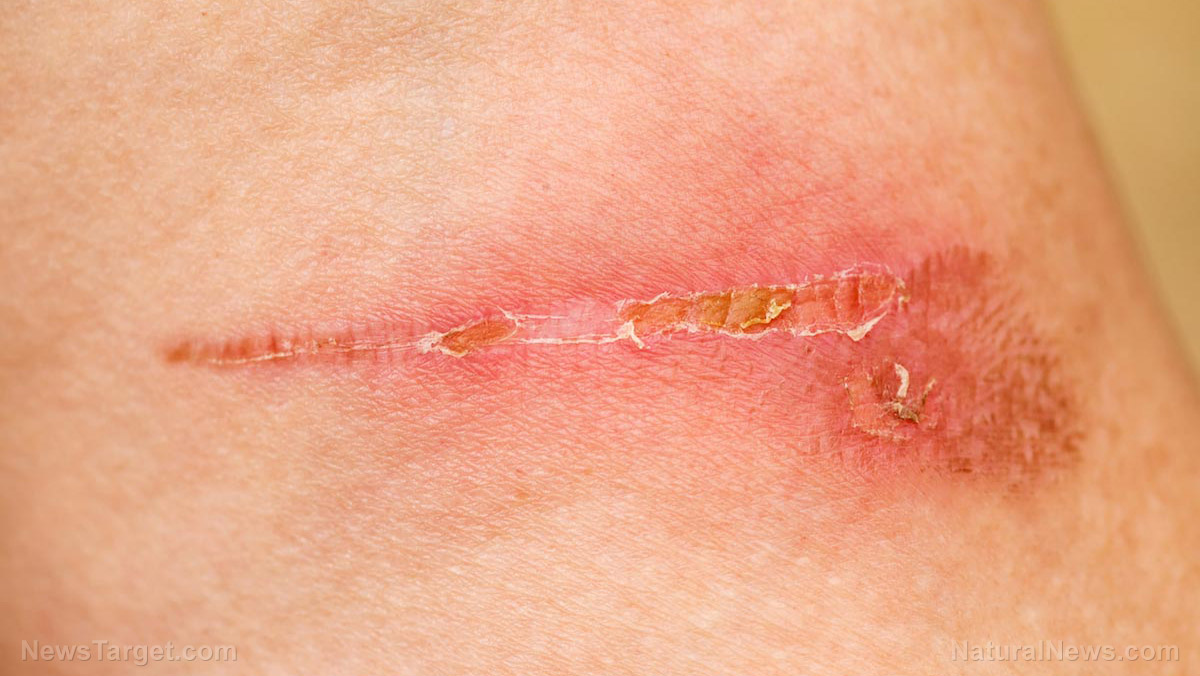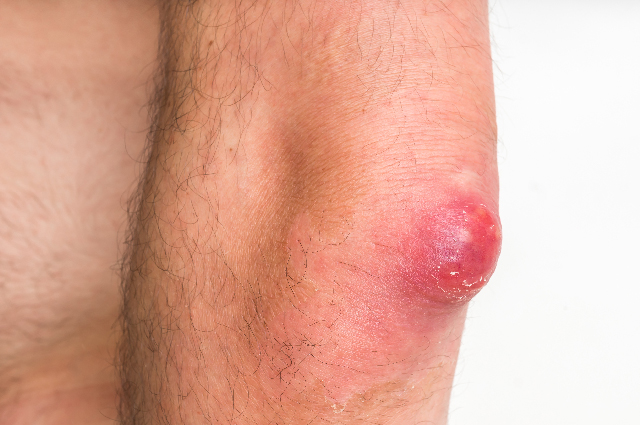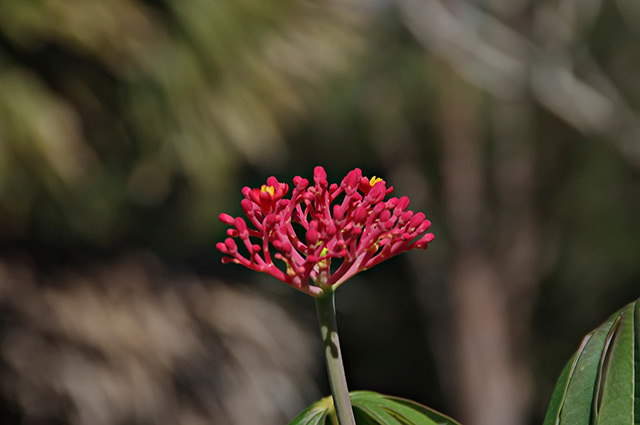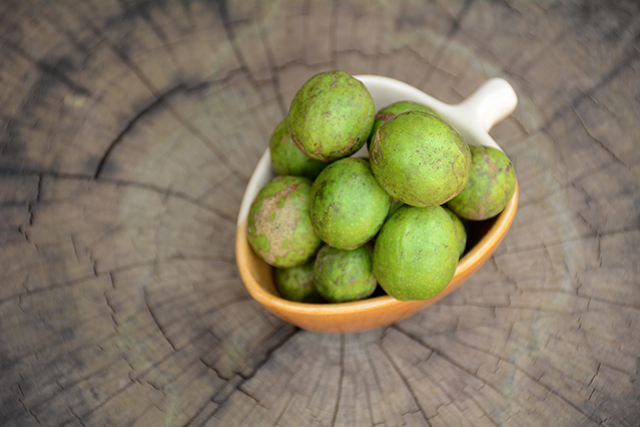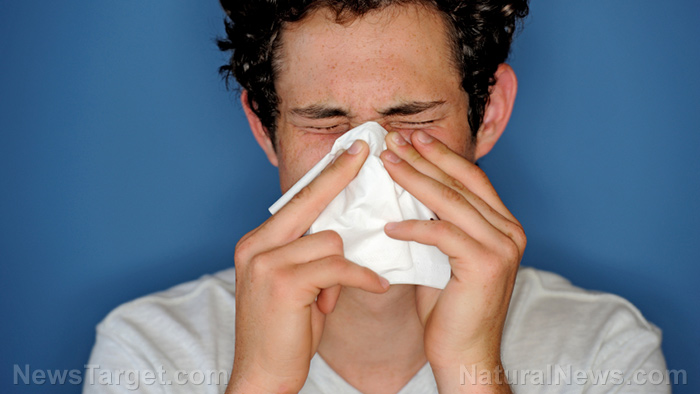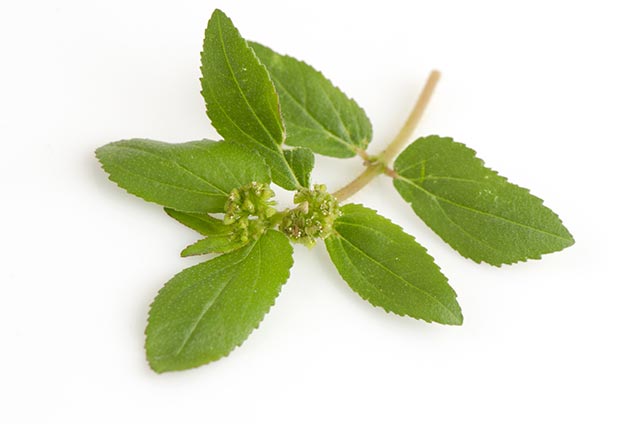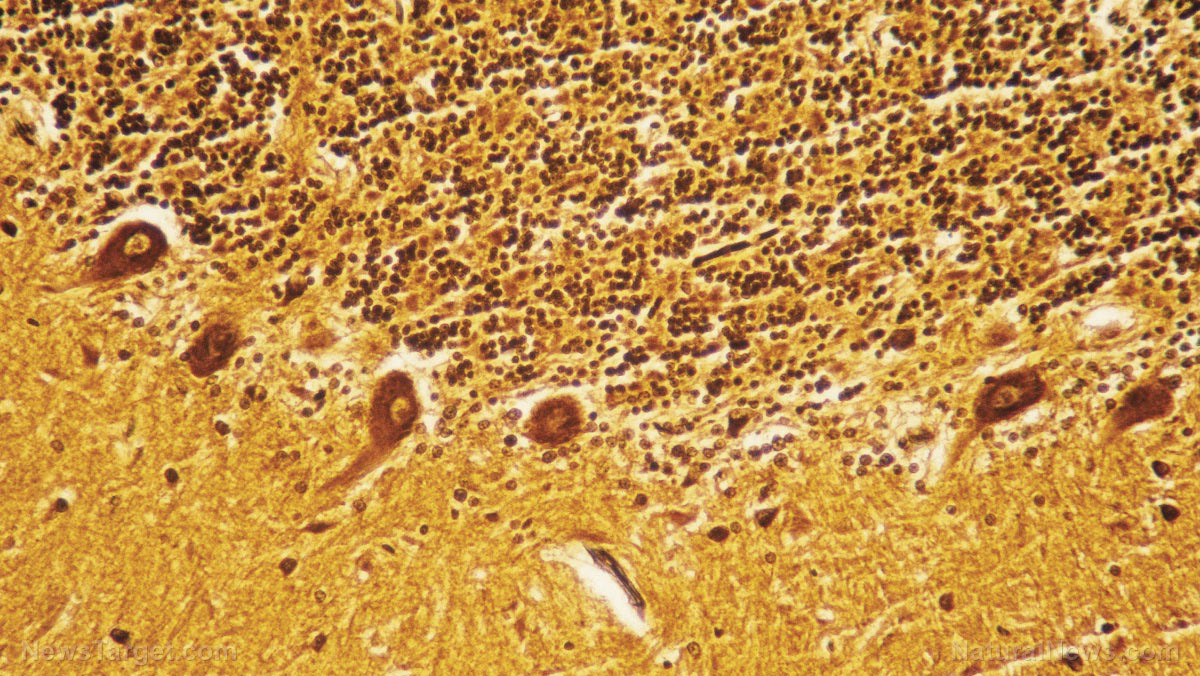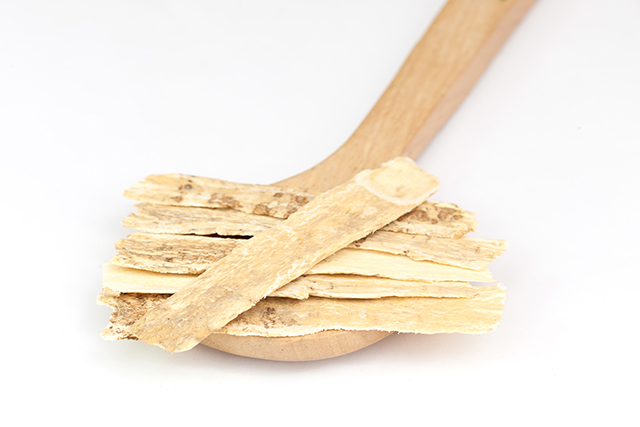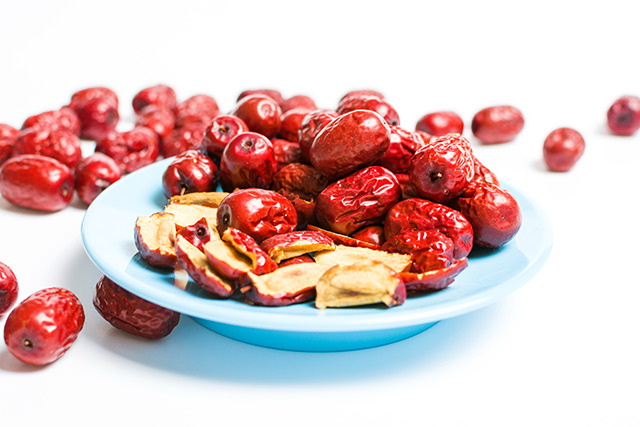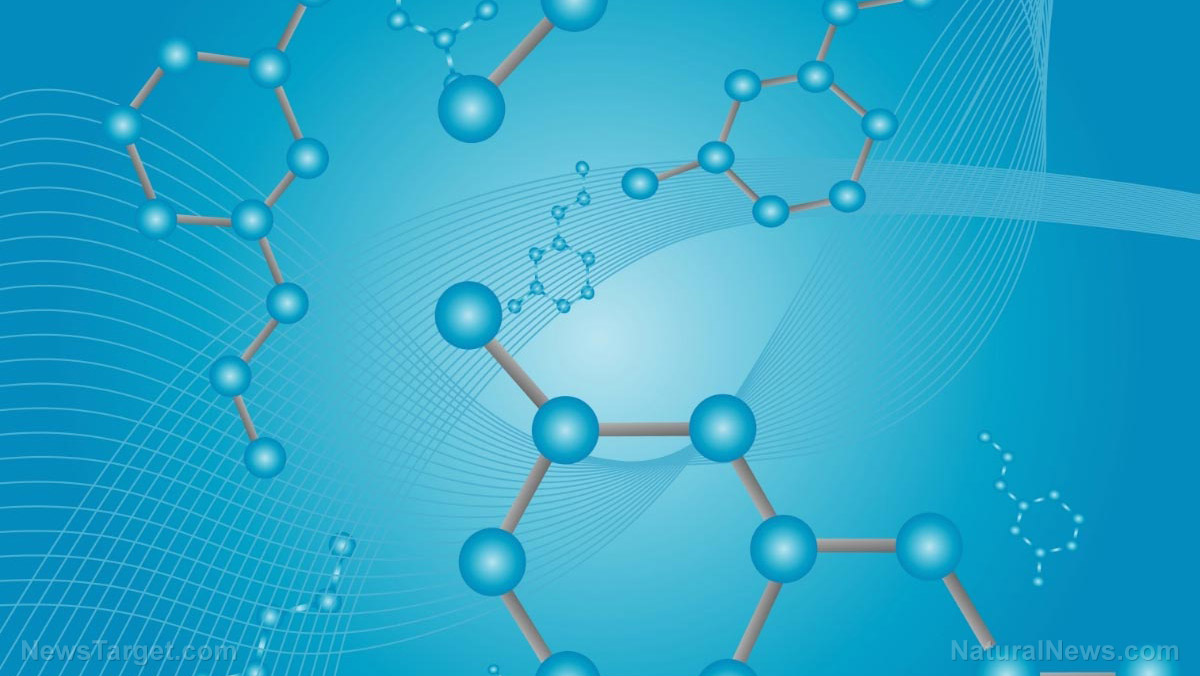High-dose vitamin D found to HEAL sunburns by activating skin repair genes… so why won’t dermatologists recommend vitamin D?
07/19/2017 / By Isabelle Z.
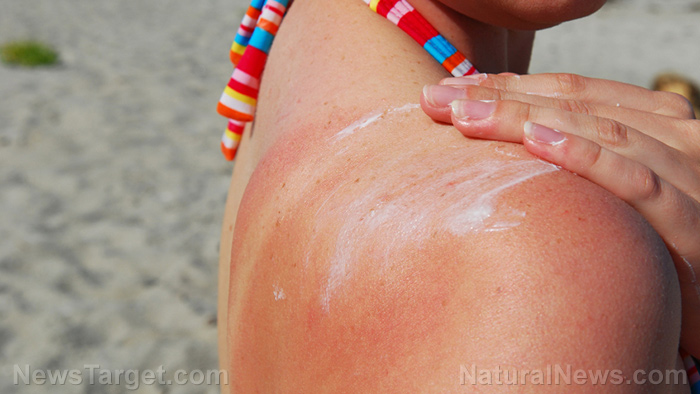
The list of Vitamin D’s known health benefits continues to grow as scientists have now discovered it has the power to heal sunburned skin.
In a new trial out of Case Western Reserve University that is the first of its kind, 20 participants were given a sunburn on their inner arm using a UV lamp and were then administered either a placebo pill or one containing vitamin D in dosages that ranged from 50,000 to 200,000 international units (IU).
The researchers then followed up with the participants 24, 48, and 72 hours after the experiment, as well as one week later, to collect skin biopsies and conduct further testing. The researchers found that Vitamin D was able to significantly reduce the skin redness and swelling that are hallmarks of sunburn, and even more surprisingly, it also activated skin repair genes that promote healing. Among those participants in the study who took a Vitamin D supplement an hour after getting burned, their level of healing was correlated to their dosage of Vitamin D.
This healing is being attributed to Vitamin D’s ability to boost the levels of the skin’s anti-inflammatory enzyme known as arginase-1. Not only does arginase-1 boost tissue repair following damage, but it also activates other anti-inflammatory proteins. The double-blind, placebo-controlled study was published in the Journal of Investigative Dermatology and is the first trial to demonstrate Vitamin D’s strong anti-inflammatory benefits.
Results very promising, but more studies are needed
Researchers point out that the study involved very high Vitamin D doses that are far greater than the daily allowances; some volunteers took 200,000 IU of vitamin D versus the FDA’s daily recommended allowance of 400 IU for adults. While they don’t recommend that people take such high amounts to deal with a sunburn just yet, they say the results are promising and deserve further investigation.
They are also looking into how this might help to prevent skin cancer, which the CDC reports is the country’s most common type of cancer.
This is just the latest triumph for this powerful vitamin, which has already been linked to many other important benefits. Research has found that sun exposure, which boosts your body’s production of Vitamin D, can reduce a person’s risk of dementia, cancer, macular degeneration, cardiovascular disease and multiple sclerosis. Higher levels of Vitamin D have also been linked to lower risk of several types of cancer.
Healing from sunburn
In the meantime, there are plenty of other natural ways you can help prevent or recover from sunburn.
Astaxanthin is a naturally-occurring skin protector that is found in algae, but some people prefer to get it from supplements. Eating a diet that is rich in antioxidants like those found in berries can also help your skin build up a natural resistance to sunburn.
Aloe vera is a great way to soothe and heal a sunburn. Keep in mind that commercial gels typically have other chemicals in them, so it’s best to get your aloe vera directly from the leaf of the plant itself. Simply peel off the leaf’s outer skin and apply the sticky pulp inside to your sunburned skin.
Baking soda can be another useful tool in soothing the pain of sunburn. You can try mixing around four tablespoons of baking soda into a bowl of cool water and apply the mixture to sunburned areas using cotton. If your sunburn is more widespread, mix about a cup of baking soda into a warm bath and soak for half an hour. Not only will this ease the pain, but it also helps you avoid the sting of water droplets hitting sunburned skin that often occurs when you shower with a sunburn.
Sources include:
Tagged Under: arginase-1, cellular repair, gene activation, healing sunburn, skin healing, sunburn, vitamin D, vitamins



